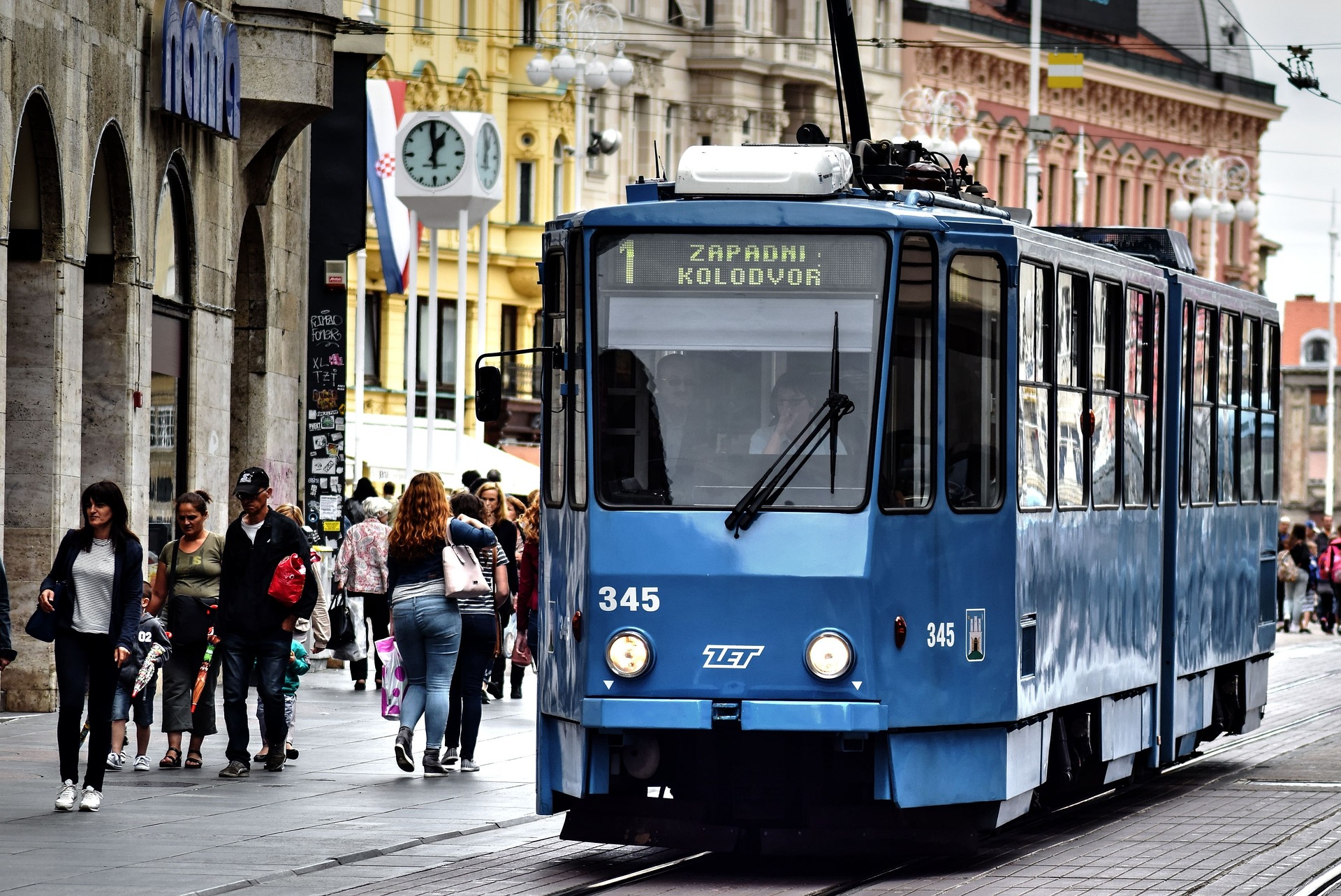
Number of asylum seekers up six-fold in Croatia
Croatia's accession to the Schengen area is a new opportunity for migrants. Some illegal immigrants no longer wait to apply for international protection when they arrive in Slovenia. Instead, they apply for protection the minute they reach Croatia, so they can travel freely in the Adriatic state.
The downside of Schengen accession
Croatia joined the Schengen area on 1 January, making it part of the EU’s border-free zone. On the first day of the year, border controls between Croatia and Hungary, as well as Croatia and Slovenia, were lifted and motorists no longer have to stop at crossing points. They simply slow down and drive through between the booths to continue their journey into the core of the European Union.

Photo: Croatian Police
This facilitation, however, has brought new opportunities for both people smugglers and migrants, and increased the workload of Croatian police, who now have to protect not only their own country, but the whole of EU from illegal immigrants. However, the fact that Croatia is part of the Schengen zone has brought another opportunity for migrants, who no longer have to travel all the way to Slovenia to apply for refugee status. Instead, they can submit their applications after illegally crossing Croatia’s state border. Under the rules, if you apply for such protection, you can move freely within the country.
In the first month of Croatia’s Schengen membership, Croatian police have registered fewer illegal immigrants for this reason, but the number of applications for international protection has increased significantly for the reasons just mentioned, experts said during a roundtable discussion, which focused on the treatment of migrants by police.
In a bid to crack down on illegal migration and people smuggling, Croatian police perform random roadside checks along roads leading into the heart of the country. During this operation, officers have checked 16,809 vehicles and 24,092 individuals, according to official figures published by Croatia’s interior ministry.
The first results of the inspections are already visible, the participants of the roundtable stated. Zoran Niceno, the head of the interior ministry’s border policing department, said that officers have identified 2,064 individuals on the roads who had applied for refugee status earlier, or had already received an official order that they had to return to their home country.
“We also apprehended 34 people smugglers during the operation, which is more than in the same month last year,”
Mr Niceno said.
Croatian official: economic migrants must be discouraged from illegal migration
Migrants are keen on using their new-found opportunity to apply for asylum. The number of asylum-seekers exploded in the Adriatic country compared to the same period last year. In January 2022 198 people requested asylum, whereas the same figure was 139 this January, signalling a 600-percent increase in the course of one year, the police said.

Photo: Croatian police
The migrants’ method is that they spend 7-10 days in Croatia after submitting the asylum applications, and then they set off towards Slovenia, the police explained. If they get caught on their way, they simply repeat the attempt.
The interior ministry official said that the deportation of the unlawful migrants to their countries of origin should be accelerated, thereby dissuading economic migrants from illegally entering the country.
The swift deportations would create more room for those refugees who do arrive in Europe for humanitarian reasons, and are in need of help, Zoran Niceno added.

